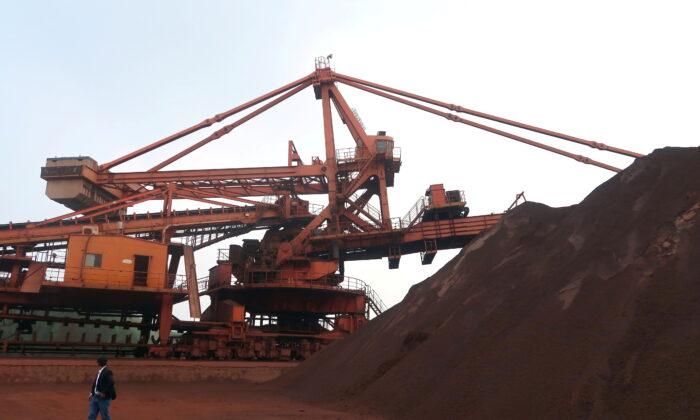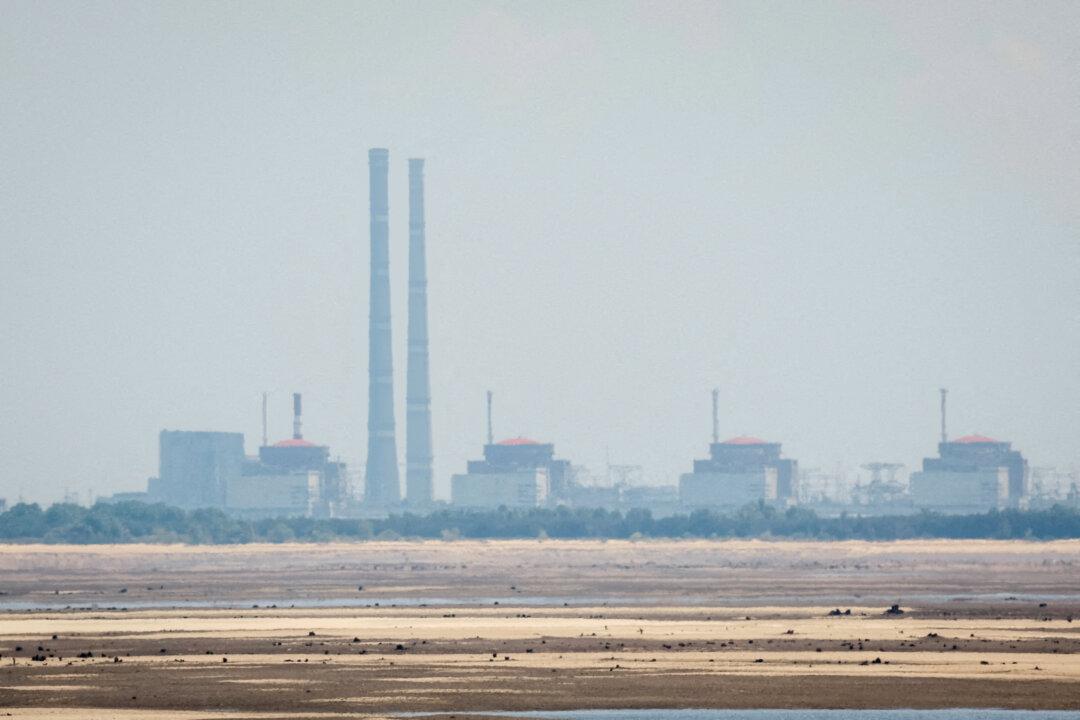China’s main industrial commodities tumbled on Thursday after the government announced stepped-up measures to keep a lid on soaring raw materials prices which threaten to undermine the country’s economic recovery.
Prices of key steelmaking ingredients iron ore and coking coal, as well as steel products such as rebar and hot-rolled coil, all dropped more than 5 percent as traders offloaded supplies, and speculators placed short-sided bets that Beijing’s measures will trigger a further pullback in metals markets.
China’s cabinet announced on Wednesday that it will strengthen management of commodity supply and demand to curb “unreasonable” prices and investigate behaviour that bids up commodity costs, spooking China’s hoards of metal traders.
“Some of the measures could have an immediate impact on the supply demand balance, for example, if the government decides to release some state reserve into the market,” said Yanting Zhou, Wood Mackenzie senior economist.
“Other measures will take effect over a longer time frame. However, these measures do have an immediate impact on price as it helps to manage the market expectation for further price increases,” she added.
Analysts at ANZ said steel and iron ore prices remain supported by strong seasonal demand, record high steel production, attractive steel margins, and subdued supply.
Pandemic Recovery
Beijing’s warning about overheated markets, follows a 30 to 40 percent climb in several critical steel and metal prices so far in 2021, fuelled by a synchronized recovery in China’s mammoth construction and manufacturing sectors from last year’s pandemic.The world’s largest exporter of finished and semi-finished goods gobbled up record amounts of metal since late 2020 to churn out appliances, exercise equipment, shipping containers, and other goods that have seen strong demand globally in recent months.
However, the broad-based rally in industrial activity, which also propelled thermal coal prices to record highs this month as power use surged, is now threatening to strangle demand from consumers and ignite inflation.
Richard Lu, senior analyst at commodity consultant CRU Group’s Beijing office, said high steel prices “will frighten some consumers at some point.”
But he said steel margins “remain good on average,” which will encourage Chinese mills to continue operating intensively unless further restrictions are rolled out.






Friends Read Free